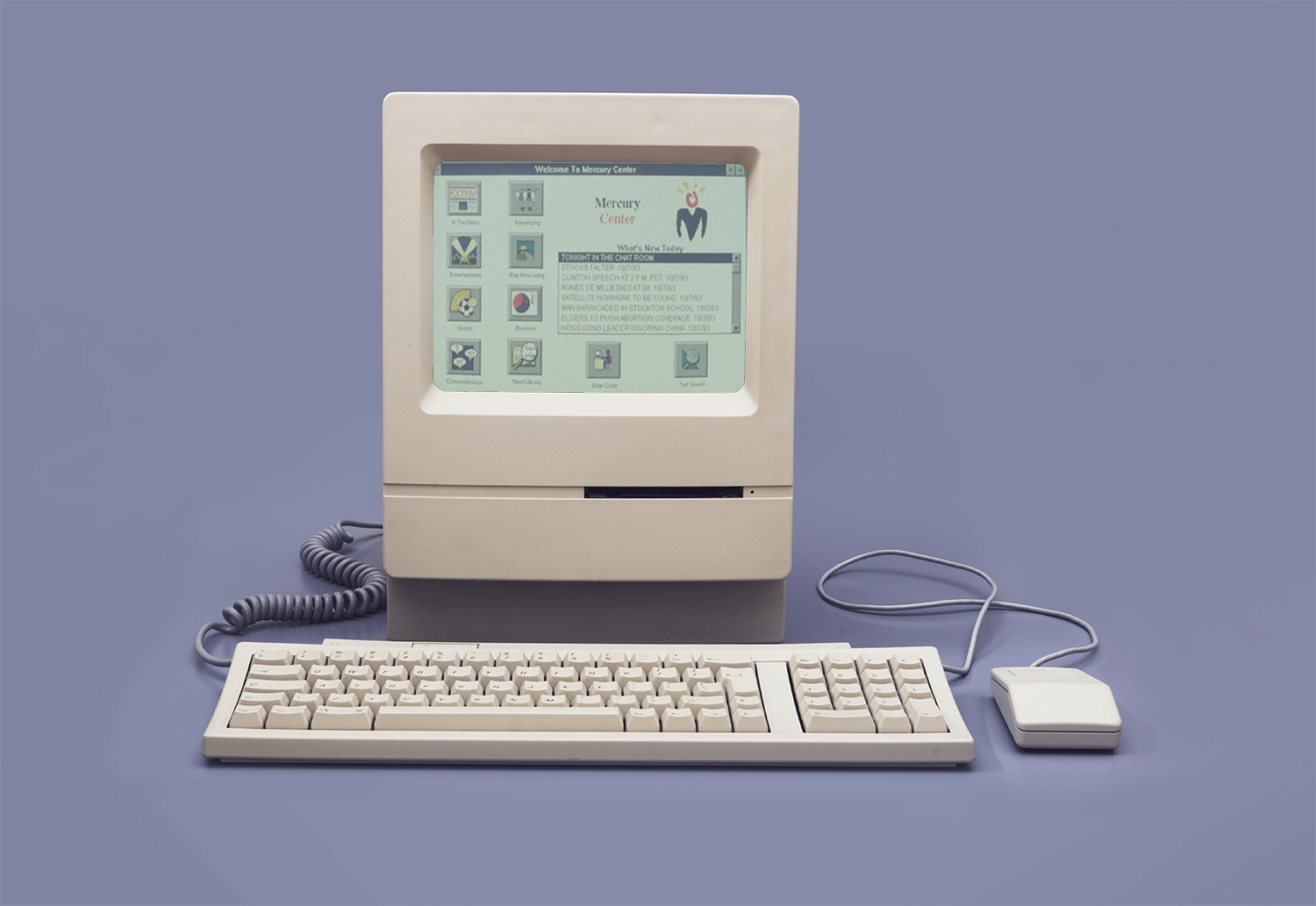In an annual report, the BBC Trust wrote about the need for “improvements in the representation of women on air.” The report came out Monday. John Plunkett wrote about the report for The Guardian.
The BBC has been told to tackle a continued “gender imbalance” among its presenters and talent following sustained criticism that it is failing to put enough women on air.
The BBC Trust called on management to come up with a co-ordinated plan to tackle the shortcomings, despite various initiatives announced by director general Tony Hall since he took on the job last year.
According to the report from BBC Trust, “we want the BBC to make measurable progress in reflecting better the diversity of the UK population in the BBC’s workforce and its output, in particular increasing the number of women on air.”
Gender imbalance is also a problem for newspapers in the U.K. Last November, Suzanne Franks wrote about women’s bylines for Nieman Journalism Lab.
This is an issue in the U.S., too, in many forms. In February, Sara Morrison wrote for Poynter about the Women’s Media Center annual Status of Women in the U.S. Media report.
The report compiles recent studies from several sources — Media Matters, the American Society of News Editors, even Gawker — all of which show that despite efforts (or at least talk of efforts) to achieve parity in media organizations, from CEOs to copy editors, we haven’t come close.
And in their annual examination of literary outlets, VIDA found that many publications still have more male bylines.
In June of this year, Poynter hosted a national forum to discuss women in leadership. Poynter’s Andrew Beaujon covered the event.
National Geographic Editor-in-Chief Susan Goldberg said that when she edited the Plain Dealer and hired two women for top spots, a man at a community forum asked, “Are y’all running a henhouse over there?” Referring to advice Sheryl Sandberg gave in “Lean In,” Goldberg said, “Many of us have spent 30 years leaning in so far we fell on our face.”
There have some big changes, though, over a longer period of time. In May, I wrote about some early guidelines on how to manage women, (“What ego is to a man, security is to a woman, make her feel safe and needed and she’ll make you feel 10 feet tall,”) and what journalists who started their careers in that environment remember.
During her senior year in college, 1971 and 1972, (Jill) Geisler was approached by the general manager at the TV station where she worked part-time about being part of the noon-hour show, “The Farm Hour.” She mapped out plans to expand coverage of both news and cultural events for the show and presented it to him.
“He said, ‘I think I’ve made a mistake. You don’t want this job. You want to be one of the boys,’” Geisler remembers. “And I said, ‘No, sir, I want to be one of the reporters.’”







Comments